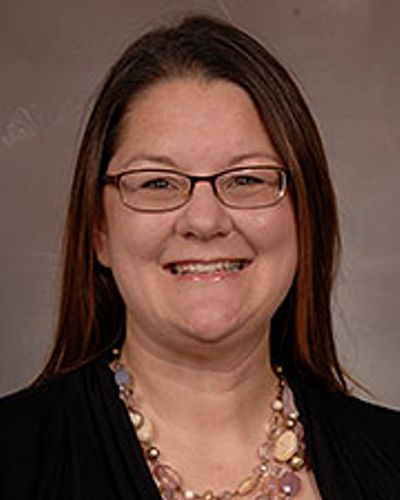Presenter Profile

Sandy McKay, MD
Director of Population Health and Advocacy
University of Texas Health Science Center at Houston
McGovern Medical School
Children's Memorial Hermann Hospital
Nonresident Fellow, Baker Institute for Public Policy at Rice University
Sandra McKay, MD FAAP is a general pediatrician and an associate professor of pediatrics at the University of Texas Health Science Center at Houston (UTHealth). She graduated medical school from the University of Missouri-Columbia and completed her residency at Saint Louis University (SLU)/Cardinal Glennon Children's Hospital. Dr McKay is the Director of Population Health and Advocacy for the Department of Pediatrics and the principle investigator for the Injury Free Coalition for Kids Houston site. Dr McKay is also a nonresident fellow at Rice Unviersity's Baker Institute for Public Policy. Dr McKay has served as a strong advocate for children, and is a past president of the Missouri Chapter of the American Academy of Pediatrics. She is active in the Texas Pediatric Society and serves as the co-chair of the Executive Legislative Committee. She has worked to develop innovative educational programs to improve firearm safety counseling workshops within the clinical encounter and active in advocacy in firearm safe storage. She is a firearm injury prevention researcher, working with firearm retailers in the community on safe firearm storage counseling at point of sale and temporary voluntary firearm storage.
Presentations
Injury Prevention in the Media: Understanding your Role, Crafting your Message and Developing Interview Skills
We propose to host a 90 minute workshop that will address the physician in media. Initially, we will describe the various interactions with media, such as a printed article, podcast or in-person interview. By sharing a variety of media pieces, we can demonstrate the breadth of successful and poor interviews, thus emphasizing the importance of the training workshop. We will review the basics to media preparation, and proceed to focus on media messaging. Through an interactive portion, we will encourage participants to craft their message utilizing the “Message Box” technique, with development of a problem statement, solutions, benefits and pertinence to the population. After developing their message we will work in small groups to practice delivering their message via the “elevator speech.” Participants will be empowered to develop their elevator speech utilizing the message box to stay focused, clear and concise.
We will move into an additional media review portion of the workshop, demonstrating a variety of interviews and critiquing for content and appearance. Through the media pieces selected, we will demonstrate the use of common interview techniques, such as hooking, bridging and flagging. Additionally, we will review interviews for pitfalls, and discuss mechanisms that not only led to the negative outcome, but what steps could have been taken to avoid it. During this critique stage, we will ask participants to develop and write down 2-3 transitional statements with their elevator speech. As we move through the sample interviews, participants should successfully complete a strong framework for their messaging.
By providing basic skills of message crafting, mastering the elevator speech, and use of transitional phrases, we hope to empower the physician and increase their comfort in approaching a media interview. Through engaging participants in multiple interactive opportunities, we can work to create a unique, valuable experience for the learner.
